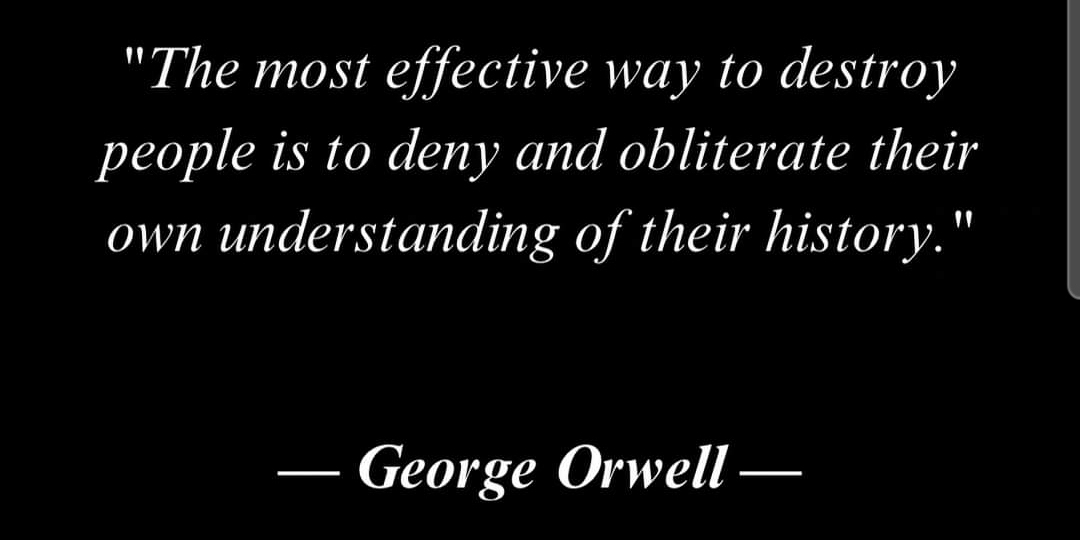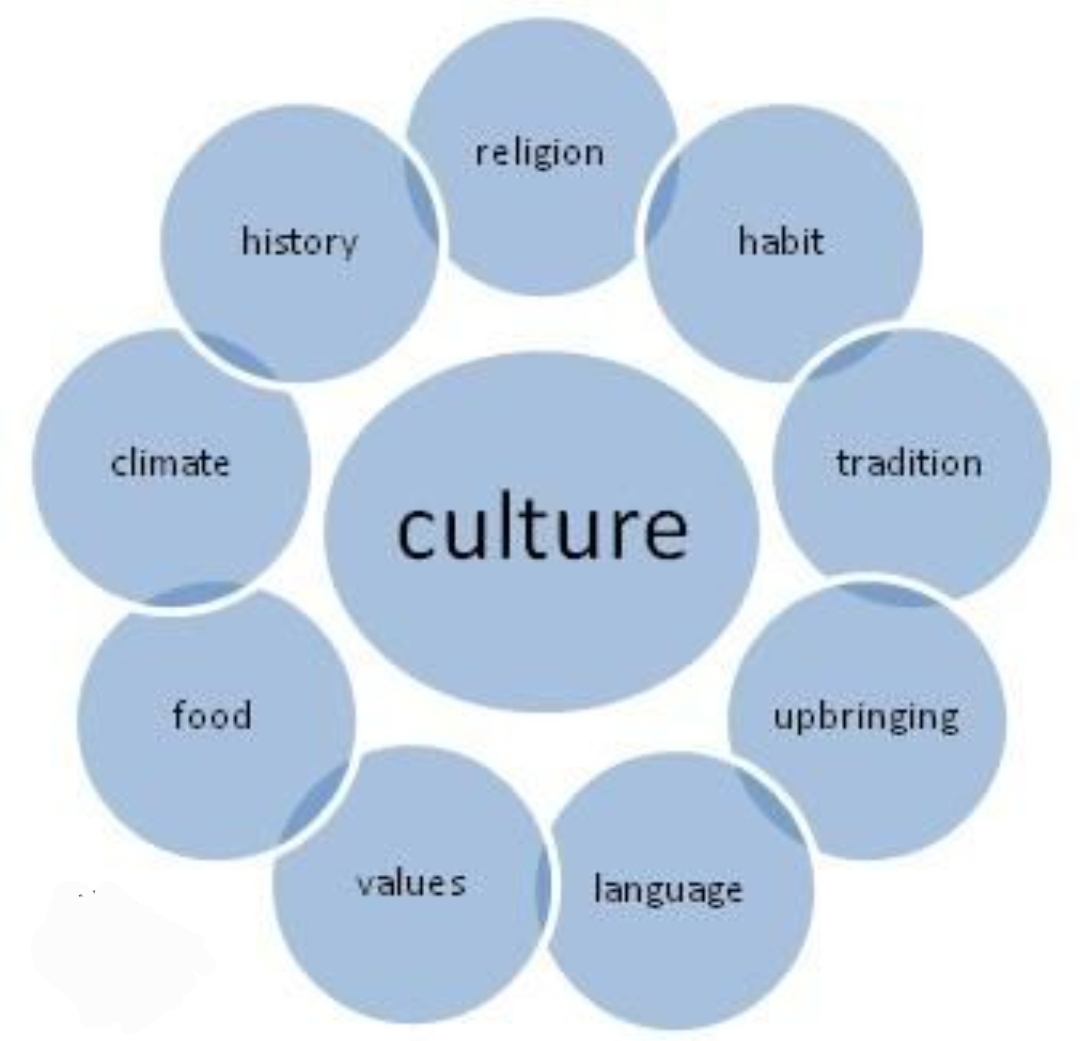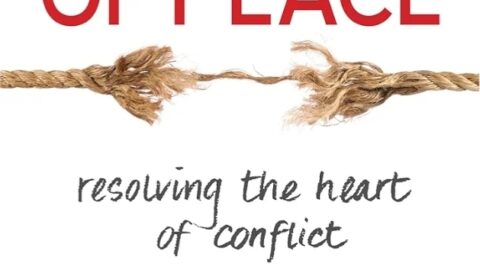Tyrants often seek to consolidate their power by systematically dismantling the foundations of society, including its history, traditions, family structures, and cultural norms. These elements are central to a community’s identity and cohesion, and their destruction can be a strategic method for tyrants to weaken resistance and reinforce control.

Here’s how these tactics are used:
1. Destroying History:
- Rewriting History: Tyrants may alter historical narratives to fit their ideology, removing or distorting events and figures that challenge their authority or contradict their propaganda. This can involve creating official versions of history that glorify the regime and erase inconvenient truths.
- Censorship and Erasure: Historical records, monuments, and artifacts may be destroyed or censored to prevent public knowledge of past events that could inspire resistance or offer lessons against tyranny.
2. Undermining Tradition:
- Attacking Cultural Practices: Traditional customs and ceremonies that embody a society’s values and identity may be targeted for eradication. Tyrants may label these practices as outdated or subversive, replacing them with state-approved rituals that serve their agenda.
- Promoting New Ideologies: By introducing and promoting new ideologies that conflict with traditional values, tyrants can weaken the cultural continuity and moral foundation of society.
3. Disrupting Family Structures:
- Interfering with Parental Authority: Policies that undermine parental rights and responsibilities, such as state control over education or child-rearing practices, can weaken the family unit’s influence. Encouraging children to report on their parents can also create distrust and conflict within families.
- Redefining Family Roles: Introducing laws and norms that alter traditional family roles and relationships can undermine the stability and unity of the family unit. This can involve promoting alternative family structures or redefining familial responsibilities.

4. Attacking Cultural Norms:
- Cultural Assimilation: Tyrants may promote a dominant culture or ideology while suppressing minority cultures and traditions. This can involve enforcing conformity to state-approved cultural norms (political correctness) and marginalizing or persecuting those who maintain distinct cultural practices.
- Controlling Artistic Expression: By controlling or censoring art, literature, and media, tyrants can shape cultural narratives and limit the diversity of ideas and perspectives. This can help consolidate power by promoting only state-sanctioned (political correctness) viewpoints.
- Culture War: Loyalists vs Revolutionaries
- Culture War: Loyalists vs Revolutionaries (Self-Anointed and Woke) (part 2)
- Culture War – Are Women and Children Targets of Advertisers as the Product?
- Culture War – Dishonoring our Father’s This Fathers Day
- Culture War – What Values Have Been Taught To Our Children?
- How The National Security Apparatus Brainwashes Americans To Its Deep State (Military-Industrial Complex) Agenda
5. Creating Dependency and Isolation:
- Economic Dependency: By fostering economic dependency on the state, tyrants weaken traditional support systems and community bonds. This can make individuals more reliant on the state for their needs, reducing their ability to resist or maintain traditional values.
- Social Isolation: Policies that isolate individuals from their communities or disrupt social networks can weaken collective resistance. This can involve restrictions on gatherings, surveillance, or other measures that hinder community cohesion.
6. Manipulating Education:
- Controlling Curriculum: By controlling educational content and institutions, tyrants can indoctrinate future generations with state-approved ideologies and rewrite historical and cultural narratives. This can shape attitudes and beliefs from a young age, aligning them with the regime’s objectives.
- Suppressing Critical Thinking: Education systems that discourage critical thinking and dissent can create a compliant populace that accepts state narratives without question.
7. Promoting Ideological Conformity:
- State-Sanctioned Morality: Implementing a state-sanctioned moral code that aligns with the regime’s goals can replace traditional ethical values with those that support authoritarian rule. This can involve legalizing or promoting behaviors that undermine traditional morals.
- Creating a Cult of Personality: Elevating the leader to a near-mythical status can supplant traditional values and norms, making the leader’s ideology the primary guiding principle for the populace.
8. Instilling Fear and Distrust:
- Suppressing Dissent: Harsh penalties for dissent and opposition can create a climate of fear, discouraging people from challenging the regime or preserving traditional values. This can involve surveillance, imprisonment, or violence against those who resist.
- Manipulating Perceptions: Using propaganda to manipulate perceptions and create distrust among individuals and groups can weaken societal bonds and resistance. This includes creating false narratives and divisive issues to distract and divide the populace.
Tyrants use these tools to systematically dismantle the core elements of society—history, tradition, family, and culture—in order to weaken resistance, consolidate control, and impose their own ideology. By erasing or altering these foundational aspects, tyrants can disrupt social cohesion and undermine the resistance potential of individuals and communities. Recognizing and resisting these tactics is essential for preserving cultural identity, family integrity, and moral values in the face of authoritarian threats.







